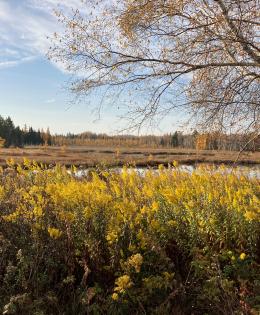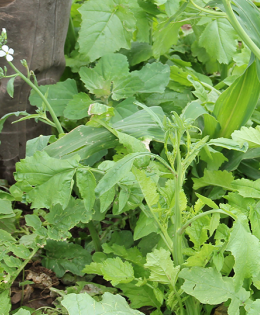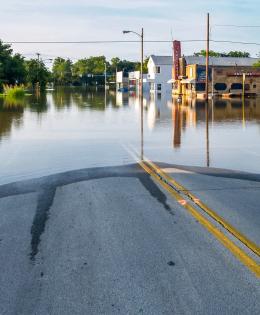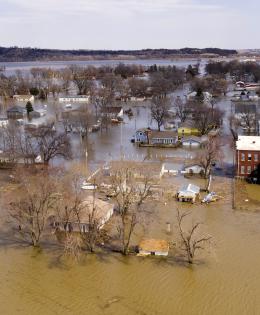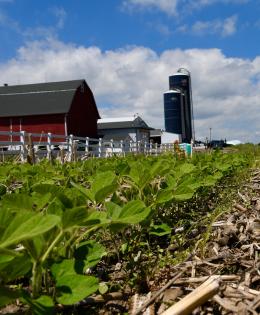

NRCS helps private landowners improve the health of their operations while protecting our natural resources for the future. We are working to ensure the long-term sustainability of American agriculture.
Wisconsin State Office
NRCS Wisconsin Quick Links
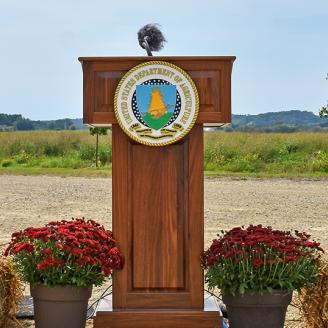
Newsroom
Find the latest news releases, feature stories, success stories from the field, and a link to our downloadable publications and factsheets.
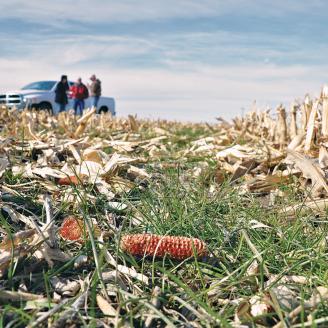
Grow With Us
We’re looking for highly motivated and skilled individuals interested in meeting the challenges of the dynamic and innovative field of agriculture.

Partner With Us
NRCS succeeds through its partnerships, working closely with farmers and landowners, Tribal Nations, conservation districts, government agencies, Earth Team volunteers, schools, local communities and more.

Outreach
The NRCS Outreach division provides leadership and funding to ensure that all programs and services are made accessible to all customers, fairly and equitably, with emphasis on reaching historically underserved farmers and ranchers.

Collaboration with Tribal Nations
Consultation, coordination, and collaboration help NRCS programs better fit Tribal settings and increase program participation by Tribal Nations, tribal agricultural producers, tribal forest stewards, and landowners.

Demonstration Farms
Wisconsin's seven NRCS Demonstration Farm Networks showcase the best, leading-edge conservation practices to reduce phosphorus and sediment from entering watersheds vital to our nation's drinking water supply.

Engineering Resources
Wisconsin Field Office Technical Guide (FOTG) Engineering Specifications and Conservation Practice Standards.

Small-Scale Farming Resources
Are you farming or gardening in a city or suburb? Urban agriculture provides critical access to healthy food for local communities, as well as jobs, increased green spaces, and closer community ties.

Wisconsin Soil
America’s vitality is rooted in the soil. Today, farmers and private landowners across the state are partnering with Wisconsin NRCS to conserve and improve soil.
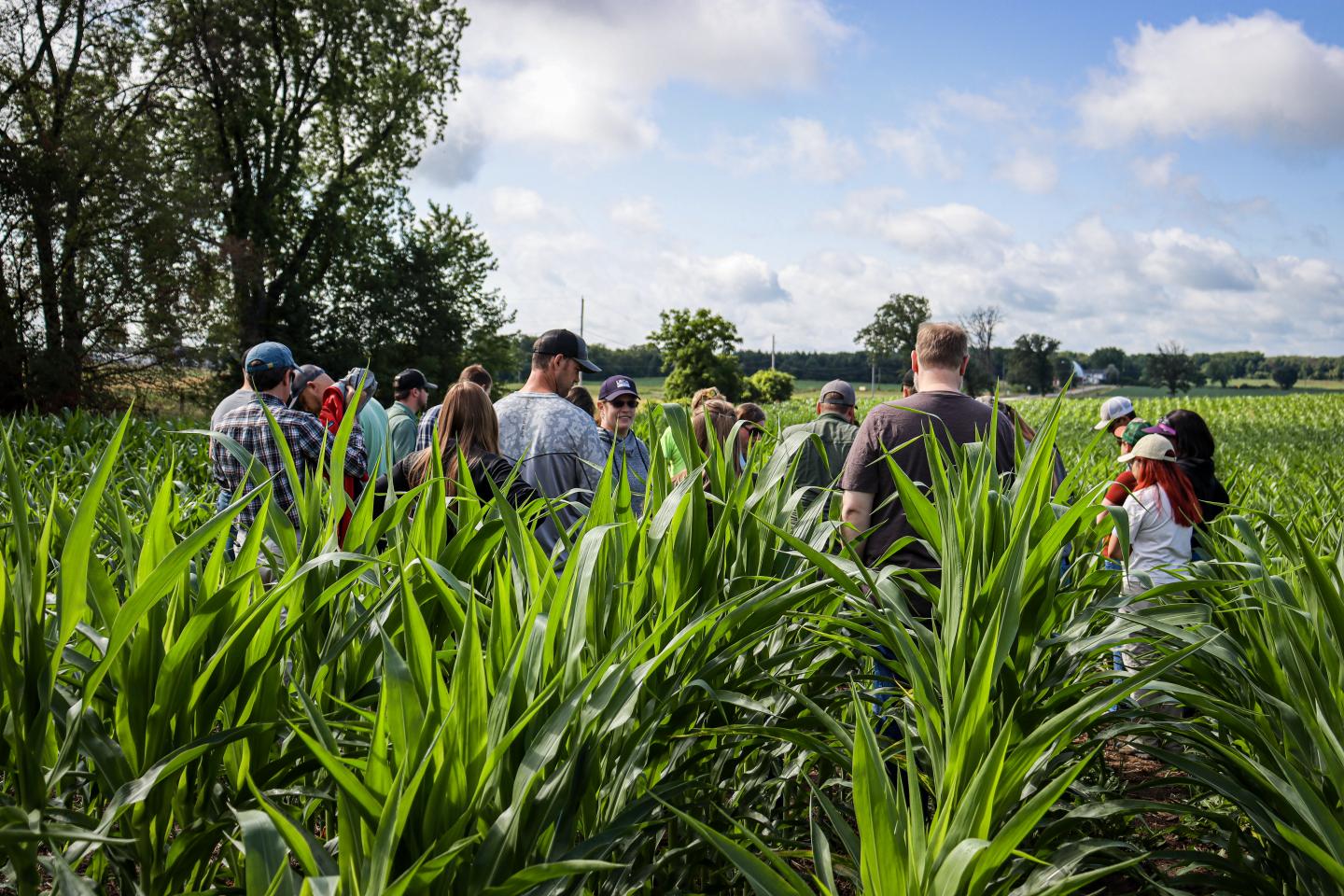
Wisconsin Local Working Groups
Local working group meetings are convened by local conservation districts with NRCS support to secure stakeholder feedback that helps to guide conservation priorities for the county.
State Programs and Initiatives
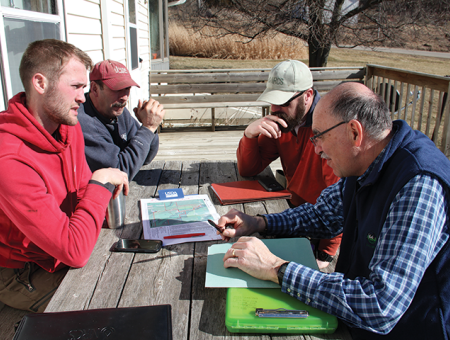
State Payment Schedule
NRCS provides financial assistance for selected conservation practices. The availability and amount of financial assistance can vary between states.

State Technical Committee
State Technical Committees serve in an advisory capacity to the Natural Resources Conservation Service (NRCS) and other agencies of the U.S. Department of Agriculture (USDA) on the implementation of the natural resources conservation provisions of Farm Bill legislation.
How to Get Assistance
Do you farm or ranch and want to make improvements to the land that you own or lease?
Natural Resources Conservation Service offers technical and financial assistance to help farmers, ranchers and forest landowners.
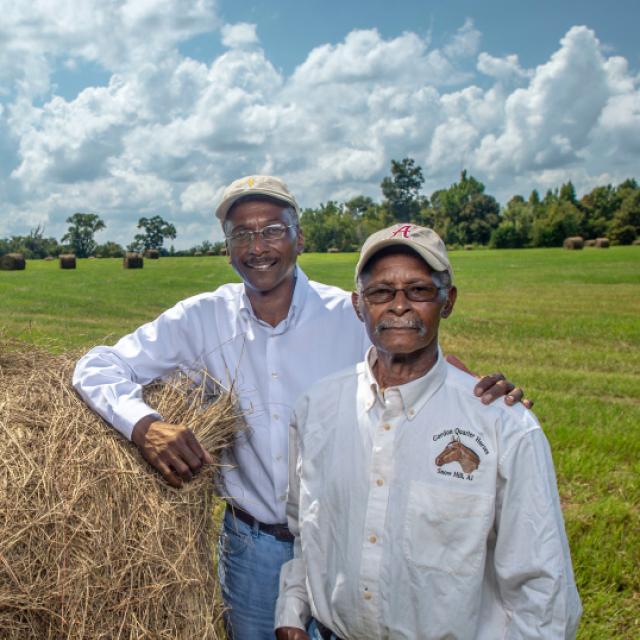
To get started with NRCS, we recommend you stop by your local NRCS field office. We’ll discuss your vision for your land.
NRCS provides landowners with free technical assistance, or advice, for their land. Common technical assistance includes: resource assessment, practice design and resource monitoring. Your conservation planner will help you determine if financial assistance is right for you.
We’ll walk you through the application process. To get started on applying for financial assistance, we’ll work with you:
- To fill out an AD 1026, which ensures a conservation plan is in place before lands with highly erodible soils are farmed. It also ensures that identified wetland areas are protected.
- To meet other eligibility certifications.
Once complete, we’ll work with you on the application, or CPA 1200.
Applications for most programs are accepted on a continuous basis, but they’re considered for funding in different ranking periods. Be sure to ask your local NRCS district conservationist about the deadline for the ranking period to ensure you turn in your application in time.
As part of the application process, we’ll check to see if you are eligible. To do this, you’ll need to bring:
- An official tax ID (Social Security number or an employer ID)
- A property deed or lease agreement to show you have control of the property; and
- A farm number.
If you don’t have a farm number, you can get one from USDA’s Farm Service Agency. Typically, the local FSA office is located in the same building as the local NRCS office. You only need a farm number if you’re interested in financial assistance.
NRCS will take a look at the applications and rank them according to local resource concerns, the amount of conservation benefits the work will provide and the needs of applicants. View Application Ranking Dates by State.
If you’re selected, you can choose whether to sign the contract for the work to be done.
Once you sign the contract, you’ll be provided standards and specifications for completing the practice or practices, and then you will have a specified amount of time to implement. Once the work is implemented and inspected, you’ll be paid the rate of compensation for the work if it meets NRCS standards and specifications.



